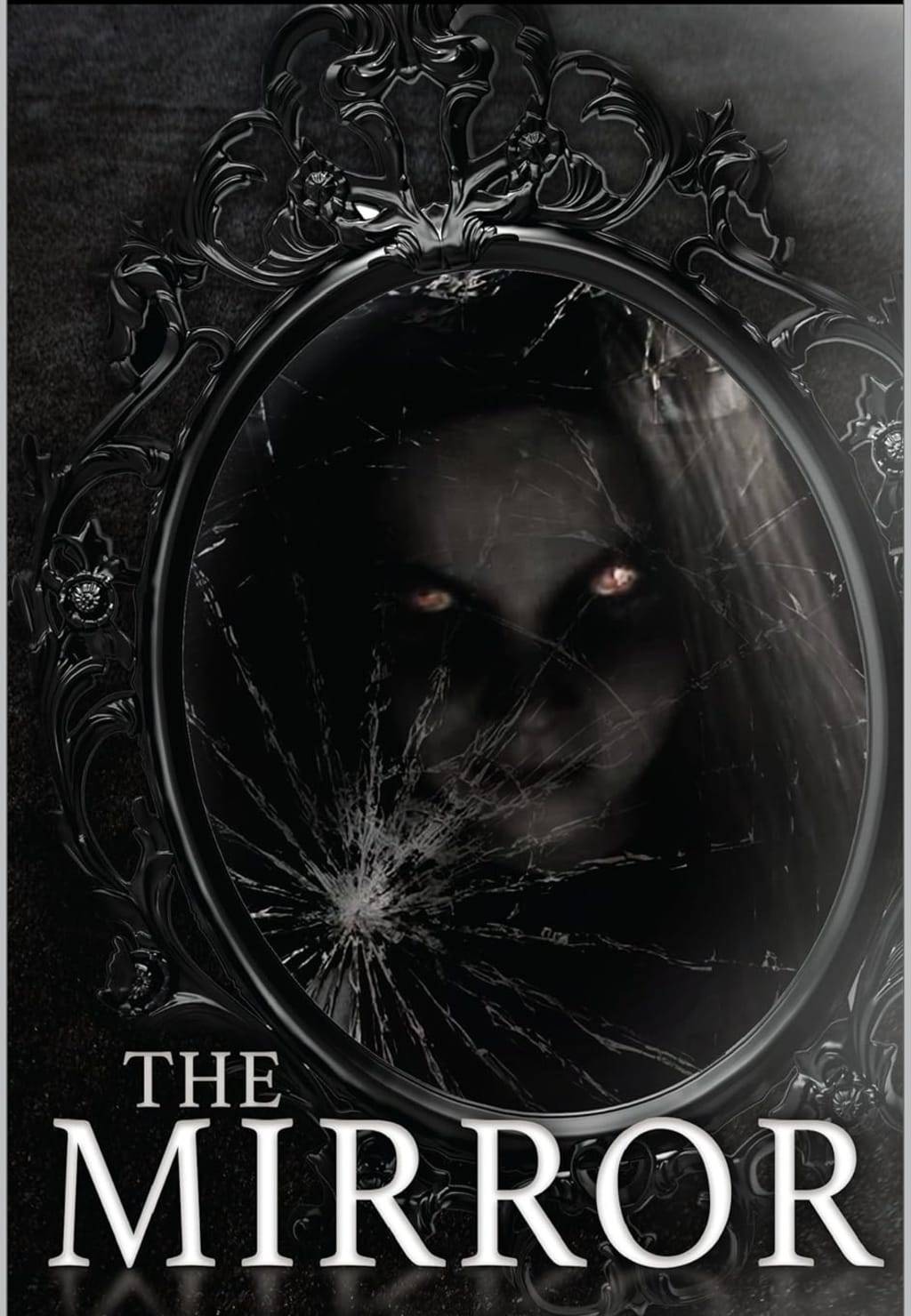Elias never believed that things could be haunted. He had moved into the old townhouse on Wren Street because it was cheap, quiet, and came furnished. Silence seemed to be peace after a messy breakup and a job he couldn't stand. The first few nights were uneventful, except for the occasional creak of old pipes or floorboards. The house had a faint cedar and dust odor. It had been occupied, but not recently. There was only one thing the previous owner had left behind.
a reflection. Tall, old, framed in dark walnut with roses carved along the edges. It was positioned right outside the bedroom in the upstairs hallway. Heavy. Ornate. And unsettling.
At first, Elias barely noticed it. But on the fourth night, as he passed it on his way to bed, something caught his eye. A word, faintly carved into the glass's bottom. “Amara.â€
Leaning in, his breath clouded the glass. He murmured, "Weird." Then he went to bed.
That night, as he lay between sleep and dream, he swore he heard someone whisper that name.
“Amara…â€
He was piqued by curiosity the following day. He used his street address and the name to conduct an online search. And there it was.
Wren Street Tragedy, 1931.
“Young bride Amara Wren found dead inside the family townhouse. Husband missing. Mirror found broken at the scene. No trace of the groom.â€
Elias tried to laugh it off. He told himself it was just coincidence. He was exhausted, that was all.
But the mirror started changing.
He occasionally observed flickers of movement, white lace, and eyes that weren't his as he passed it. He began hearing soft humming late at night. Old, slow, and soothing. She then talked. When the voice came from behind him, through the glass, he was brushing his teeth. He turned, his heart racing. Nothing. Just his reflection.
But she came back every night. They began to converse. It was strange at first — him speaking out loud, waiting for her to reply in the quiet hum of the hallway. But she answered. With warmth. With stories. With laughter that echoed like wind through the cracks of an old window.
She claimed to be Amara. She told him that she had been searching for love. For someone to stay.
Her voice provided Elias, who was broken and alone, with solace. In the way she listened. In how she never asked for more — not at first.
He fell further, though, the more they talked. He started to avoid calling. Ignoring messages. Not eating. Not sleeping.
Amara would whisper to him, "You don't need them." “They don’t understand. Yet I do." He didn't notice that his eyes were hollowing out. His pale skin. The house became colder. One night, she said, “Come to me.â€
He laughed nervously. “What do you mean?â€
She did not respond. The next night, he stood in front of the mirror longer than usual. He traced his fingers along the carved roses. Touched the glass. It was warm. Buzzing.
And then, something pulled.
>His hand. His hand. His chest.
He gasped, tried to scream — but it was already too late.
The next day, the hallway was empty.
The mirror was gone.
Only silence remained in the house, and the faintest echo of a lullaby that didn’t belong in this time.
Weeks passed. The house went back on the market. A young couple moved in.
They found an old mirror stored in the attic. Still beautiful. Still heavy. engraved with a name still.


